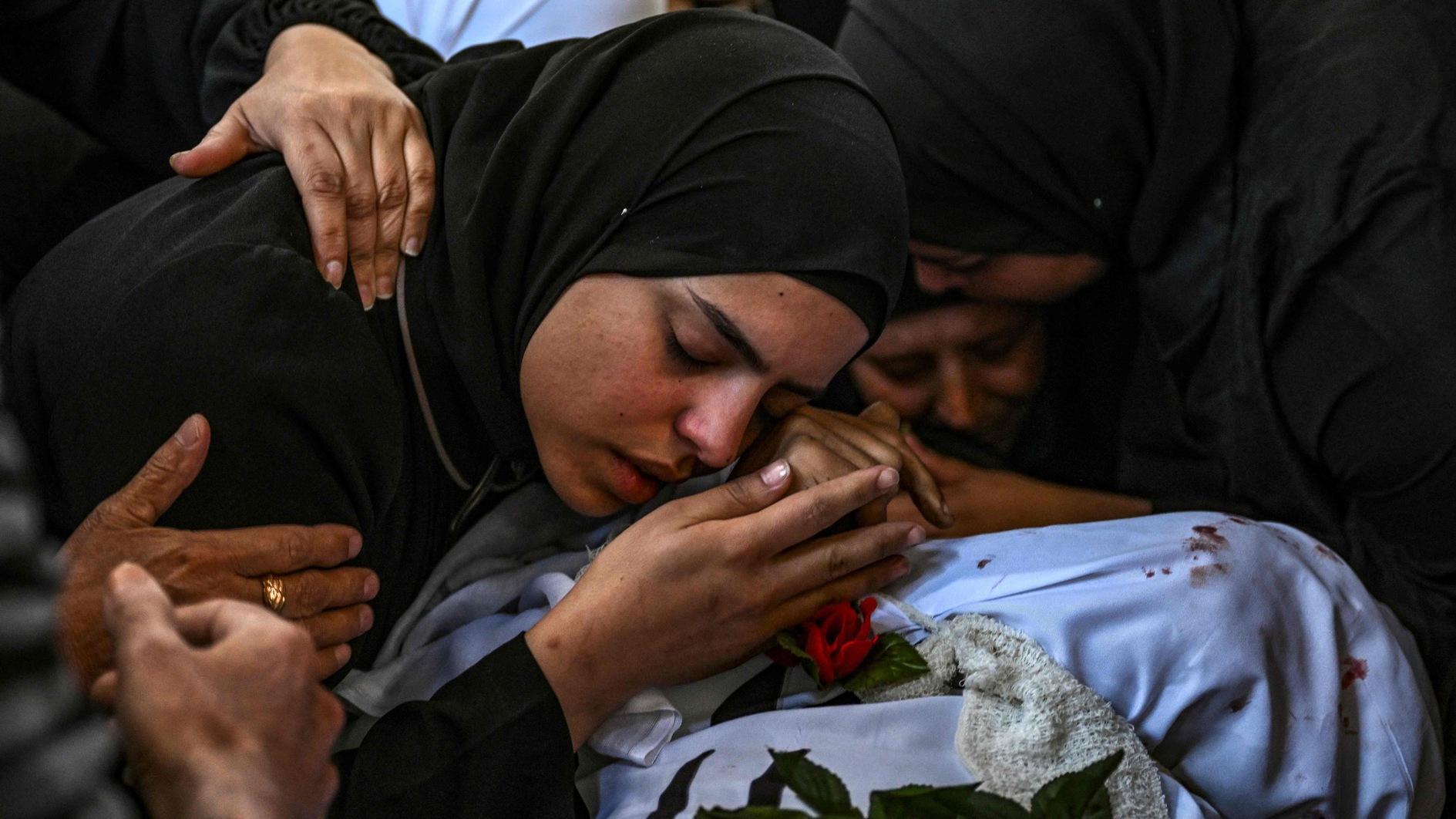CHP hits AKP on its Achilles' heel
“We are all thirsty for justice,” main opposition Republican People’s Party (CHP) leader Kemal Kılıçdaroğlu said on Aug. 26 in his welcoming speech at the “Justice Congress” in the western Turkish province of Çanakkale. “We want it for all 80 million people in the country; we all want to live in peace.”
Çanakkale is home to the ancient site of Troy, where legendary hero Achilles was fatally wounded in the Trojan War, and the CHP leader is certainly trying to hit President Tayyip Erdoğan’s ruling Justice and Development Party (AK Parti) in what he believes is its Achilles’ heel: Complaints about the justice system.
The four-day convention is a follow up of the “Justice March” that Kılıçdaroğlu led between June 15 and July 9 from the capital Ankara to Istanbul, after CHP MP Enis Berberoğlu was sentenced to 25 years in jail on June 14. Like the march, no CHP flags, banners or slogans have been allowed at the Justice Congress. “Our call is to everyone who needs justice in Turkey,” Kılıçdaroğlu said.
The problems with Turkish courts did not suddenly emerge after the AK Parti government’s declaration of the state of emergency on July 20, 2016, shortly after the defeated military coup attempt. For example, wrongdoings in the courts during alleged anti-government conspiracy cases like Ergenekon and Balyoz (Sledgehammer) from 2008 to 2012 are now subject to counter probes now. What’s more, most of the prosecutors and judges who took part in those cases are now either in jail or on the run because of their alleged involvement with the illegal network of Fethullah Gülen, the U.S.-resident Islamist preacher who is accused of masterminding the July 15 coup attempt.
It is also worth remembering that in 2008 an attempt by the Chief Prosecutor’s Office to close down the ruling AK Parti was turned downed by the Constitutional Court by only one vote.
Complaints from the courts have further increased under the state of emergency after the coup attempt, with over 50,000 people being jailed and over 100,000 being dismissed from public jobs. In addition to Berberoğlu, politicians in the jail include the Kurdish problem-focused Peoples’ Democratic Party (HDP) Co-Chair Selahattin Demirtaş. There are more than 150 journalists, writers and media employees currently in jail, as well as Turkish and foreign human rights defenders.
Meanwhile, consternation has also been raised even within the government at the release of a football club chairman from the AK Parti stronghold Konya, who had allegedly downloaded ByLock (an encrypted messaging app used by members of the now-illegal Gülen network). This release came even though many people are in jail simply for receiving calls from ByLock users.
According to a survey carried out by the ruling party during the Justice March, 76 percent of AK Parti supporters also defined “justice” as a major problem in Turkey.
In a recent state of emergency decree, the government recalled former prosecutors and judges of military courts that were previously abolished. Justice Minister Abdülhamit Gül said the measure was taken in order to increase the number of prosecutors and judges per case and per person, in order to speed up the court process and avoid extended arrest periods. However, almost a third of those recalled were originally sacked because of their alleged links to the Gülenist network.
The ongoing “Justice Congress” in Çanakkale does not only cover the situation of the courts in Turkey, but also many other areas. In its program there are workshops and panel meetings on a variety of fields, from the need to find more space for women in politics and social life to the poverty of farmers, from the rights of contracted workers to the lack of equal opportunity in the education system. The theme of the congress is “Injustice is everywhere.”
Clearly, the opposition thinks it has found the Achilles’ heel of the government, taking direct aim at the first word of the AK Parti’s name: Justice.











